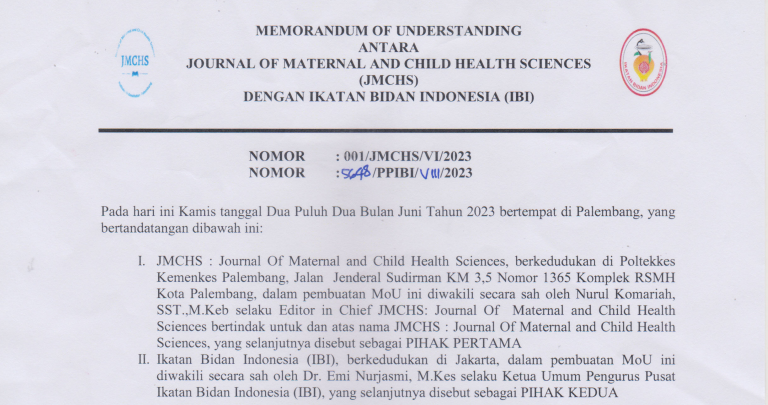Readiness Of Students Who Use Learning Contracts On Ante Natal Care Practice in Third Trimester
Abstract
Midwives as one of the oldest professions in the world have a very important and strategic role in reducing Maternal Mortality Rate (MMR) and Infant Mortality Rate (IMR). Midwives must have clinical competence (midwifery skills), one of which is pregnancy examination. Clinical competence is obtained from clinical learning. Good clinical learning is one that is planned, one of which is using a learning contract. The purpose of the study was to determine the readiness of students who use learning contracts to carry out pregnancy tests in the third trimester. The research design is descriptive. The research sample is all fourth semester students of the Midwifery Study Program who have practiced in the Practical Field in 2019. The number of samples is 80 people. The sampling method is total sampling. The instrument used is an open ended question. Data analysis is univariate. Frequency distribution. The results are 87% optimal physical readiness, maximum 7.2%, 1.4% less. Emotional readiness 65.2% optimal, 10.1% maximum. Knowledge readiness 87% optimal, 11.6% maximum. In conclusion, more than half of practicing contract users learn that they have optimal readiness. The best readiness is the readiness of knowledge

This work is licensed under a Creative Commons Attribution-ShareAlike 4.0 International License.
Authors who publish with this journal agree to the following terms:
- Authors retain copyright and grant the journal right of first publication with the work simultaneously licensed under a Creative Commons Attribution License that allows others to share the work with an acknowledgement of the work's authorship and initial publication in this journal.
- Authors are able to enter into separate, additional contractual arrangements for the non-exclusive distribution of the journal's published version of the work (e.g., post it to an institutional repository or publish it in a book), with an acknowledgement of its initial publication in this journal.
- Authors are permitted and encouraged to post their work online (e.g., in institutional repositories or on their website) prior to and during the submission process, as it can lead to productive exchanges, as well as earlier and greater citation of published work












